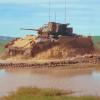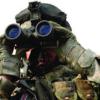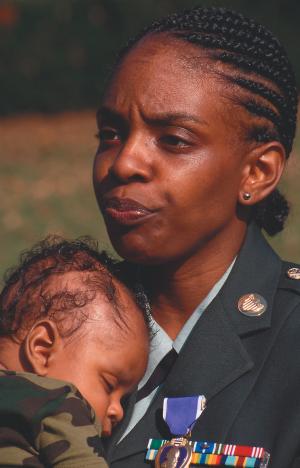The Army has long had a need to deliver precision indirect fires. Yet recent political debates have spotlighted that need to the point that “precision fires” are suddenly becoming part of the public lexicon—debated on the OpEd pages of local newspapers, summarized in television sound bites and discussed over the radio airways.
Ironically, one of the U.S. Army’s lesser known battlefield systems, the M7 Bradley Fire Support Team (BFIST) vehicle, has been setting new standards of precision target location and controlling precision indirect fires for the last few years. To summarize it for...













